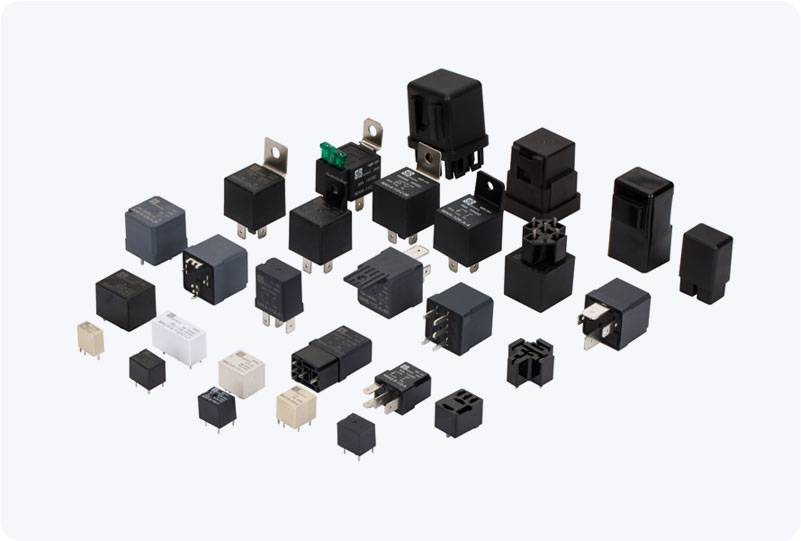An AC Motor Relay plays a crucial role in controlling and protecting electric motors, a staple in industrial machinery, household appliances, and various electrical systems. These relays provide a convenient means of regulating the power supply to motors, ensuring that the motor operates efficiently and remains protected from potential faults. Whether it’s for starting, stopping, overload protection, or fault detection, an AC motor relay offers a versatile solution for motor control circuits.

What is an AC Motor Relay? At its core, an AC Motor Relay is an electromechanical or solid-state device used to control the operation of an AC motor. It functions as an intermediary between the power supply and the motor, ensuring the correct current flows to the motor and that it operates within safe conditions. AC motor relays come in various types, including electromechanical relays, solid-state relays, and overload relays, each serving a specific function in motor control. Types of AC Motor Relays Electromechanical Relays: These traditional relays use a coil to generate a magnetic field, which then pulls a set of contacts together to allow current to flow to the motor. When the relay is de-energized, the contacts open, interrupting the current and stopping the motor. Electromechanical relays are still widely used because of their reliability and simplicity.